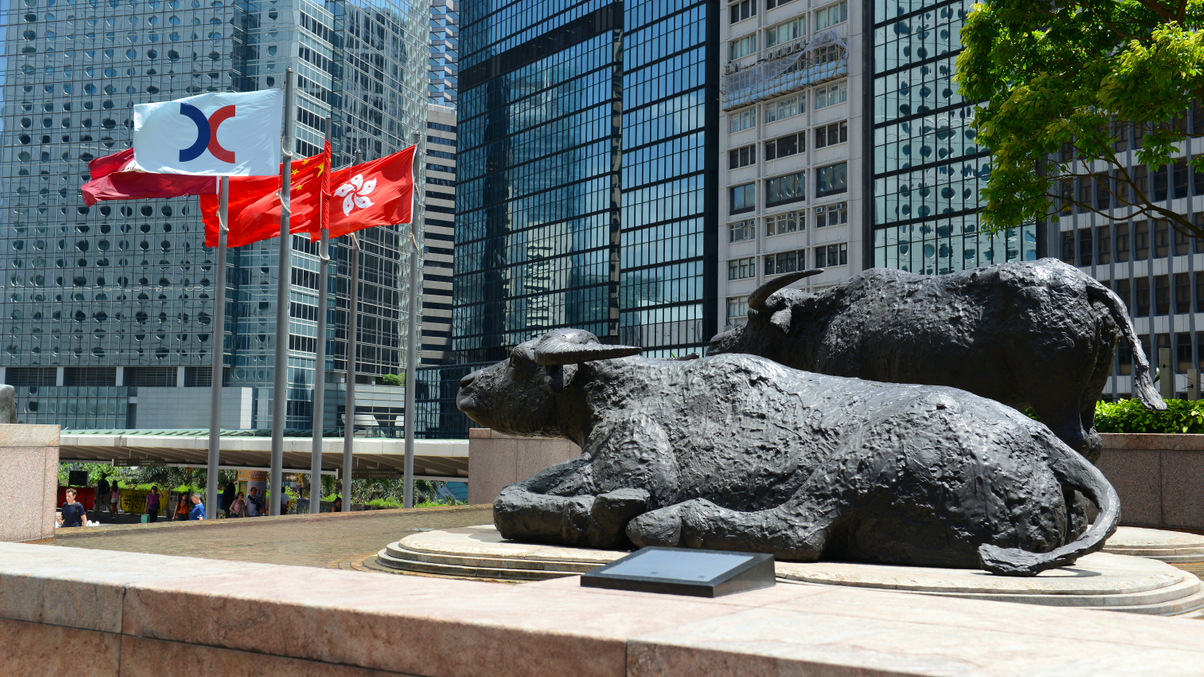Investors cautiously optimistic about HK Spacs under new regime
First Spac listings in the city could happen very soon, but market enthusiasm still depends on geopolitics and Chinese regulatory situation.

Hong Kong’s relatively high threshold for special purpose acquisition companies (Spacs) listings is welcomed by the market as it tries to strike a balance between flexibility and investor protection.
Sign in to read on!
Registered users get 2 free articles in 30 days.
Subscribers have full unlimited access to AsianInvestor
Not signed up? New users get 2 free articles per month, plus a 7-day unlimited free trial.
¬ Haymarket Media Limited. All rights reserved.


